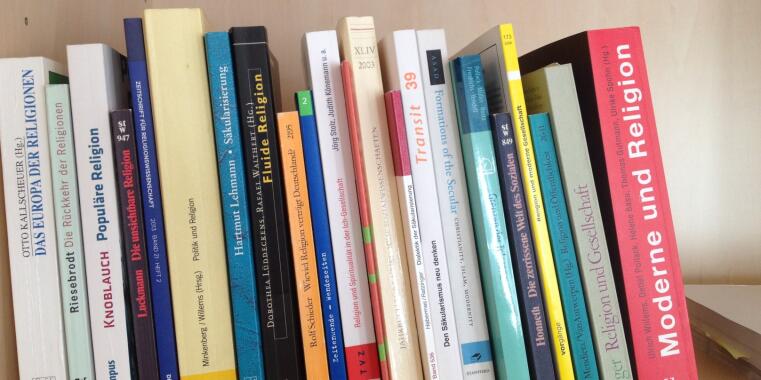

2025


© campus New Release: Families and Religion
By Christel Gärtner, Linda Hennig, Olaf Müller (eds.)2024
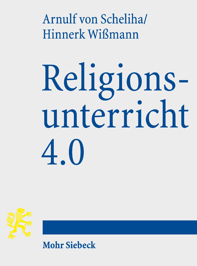
© Mohr Siebeck GmbH & Co. KG New Publication: Religionsunterricht 4.0

© Campus New Release: Democracy and Religion. The Controversy over Embryo Research in the USA
Mirjam Weiberg [Published in German]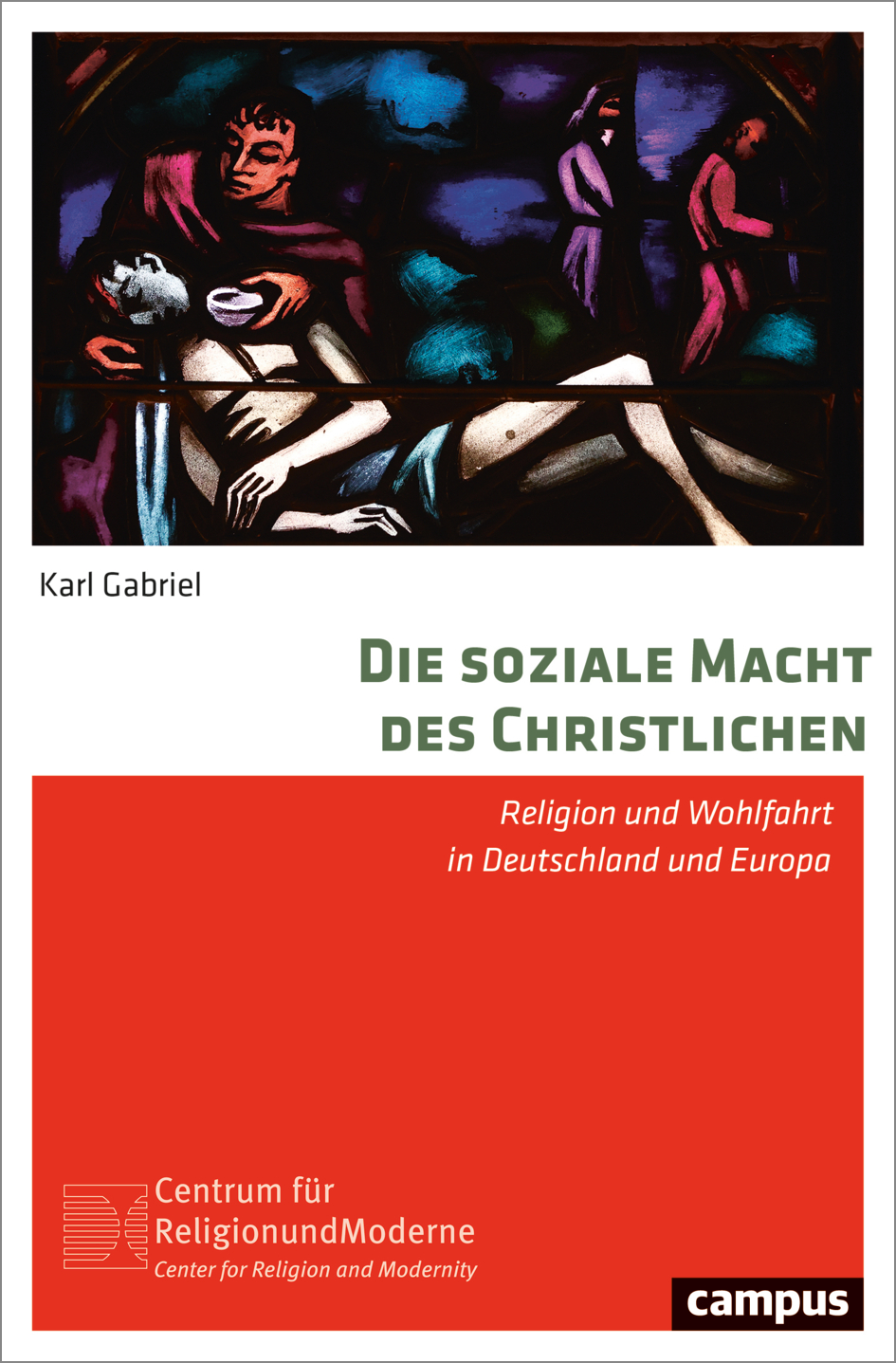

© campus New Release: Die soziale Macht des Christlichen
By Karl Gabriel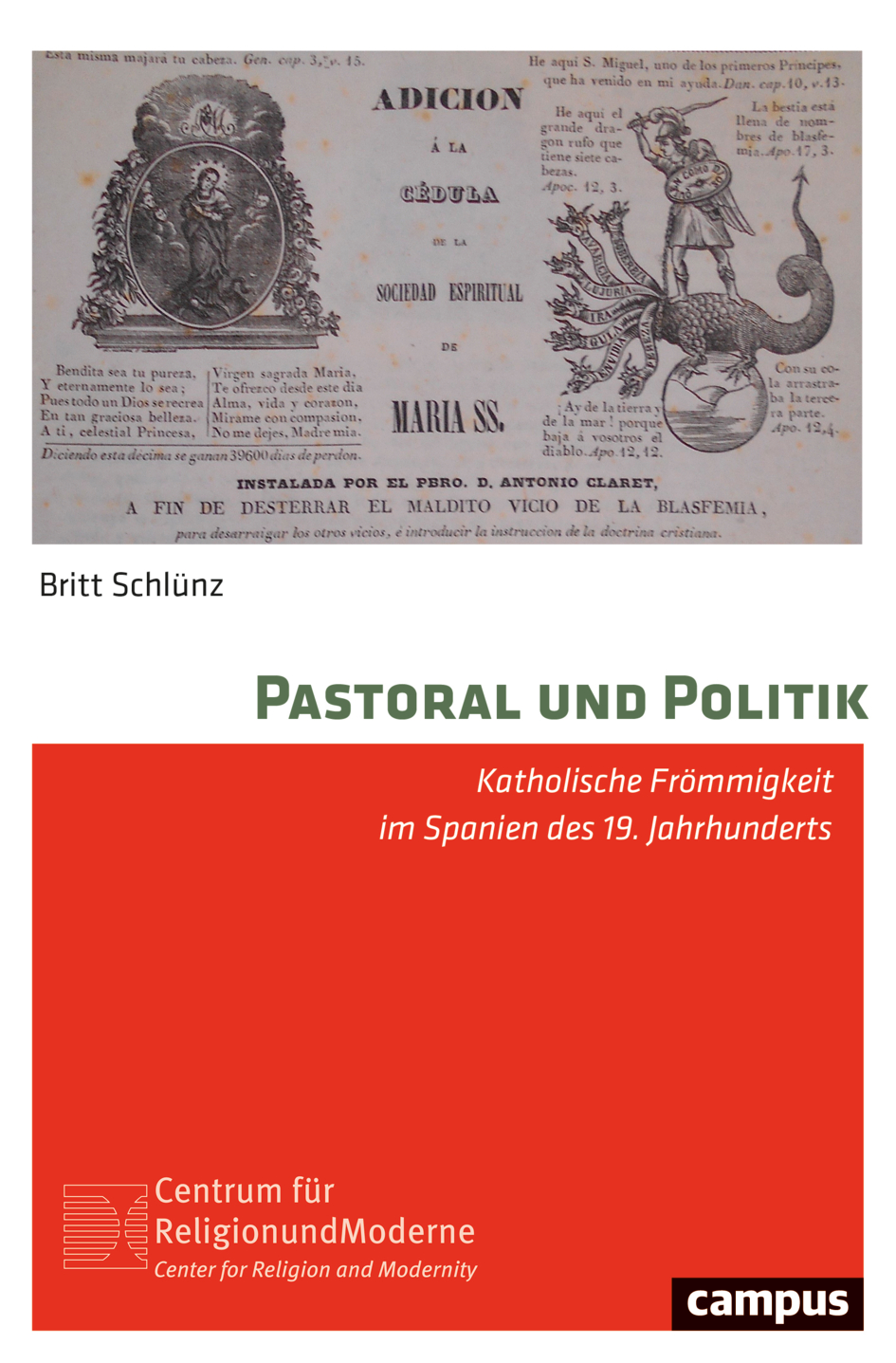

© campus New Release: Pastoral und Politik
by Britt Schlünz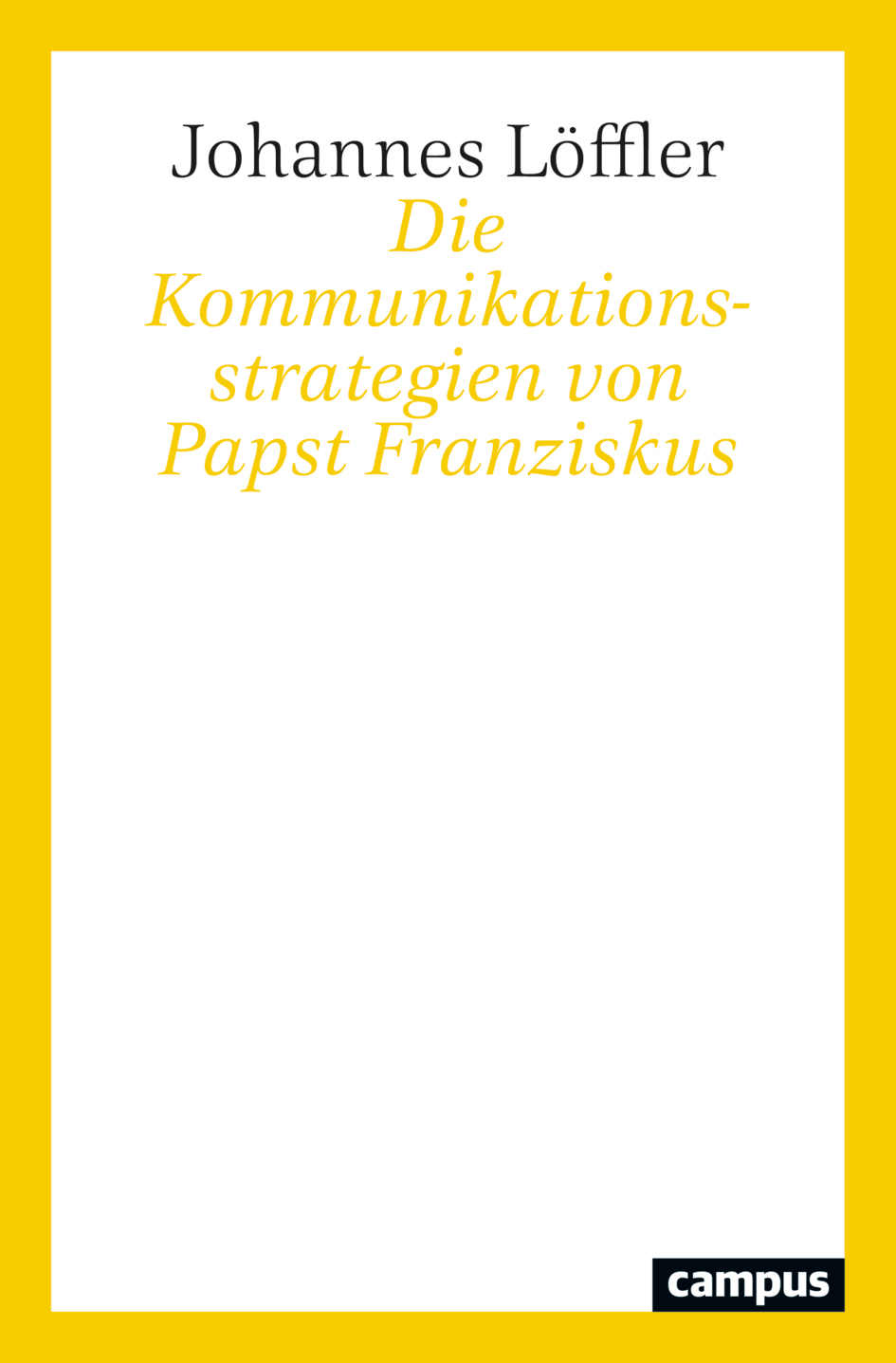

© campus New release "The communication strategies of Pope Francis"
by Johannes Löffler

© campus New release: Uta Elisabeth Hohmann: Erwählt oder gewählt?
Der Beitrag theologischer Parlamentarier:innen zur Annäherung von Protestantismus und Demokratie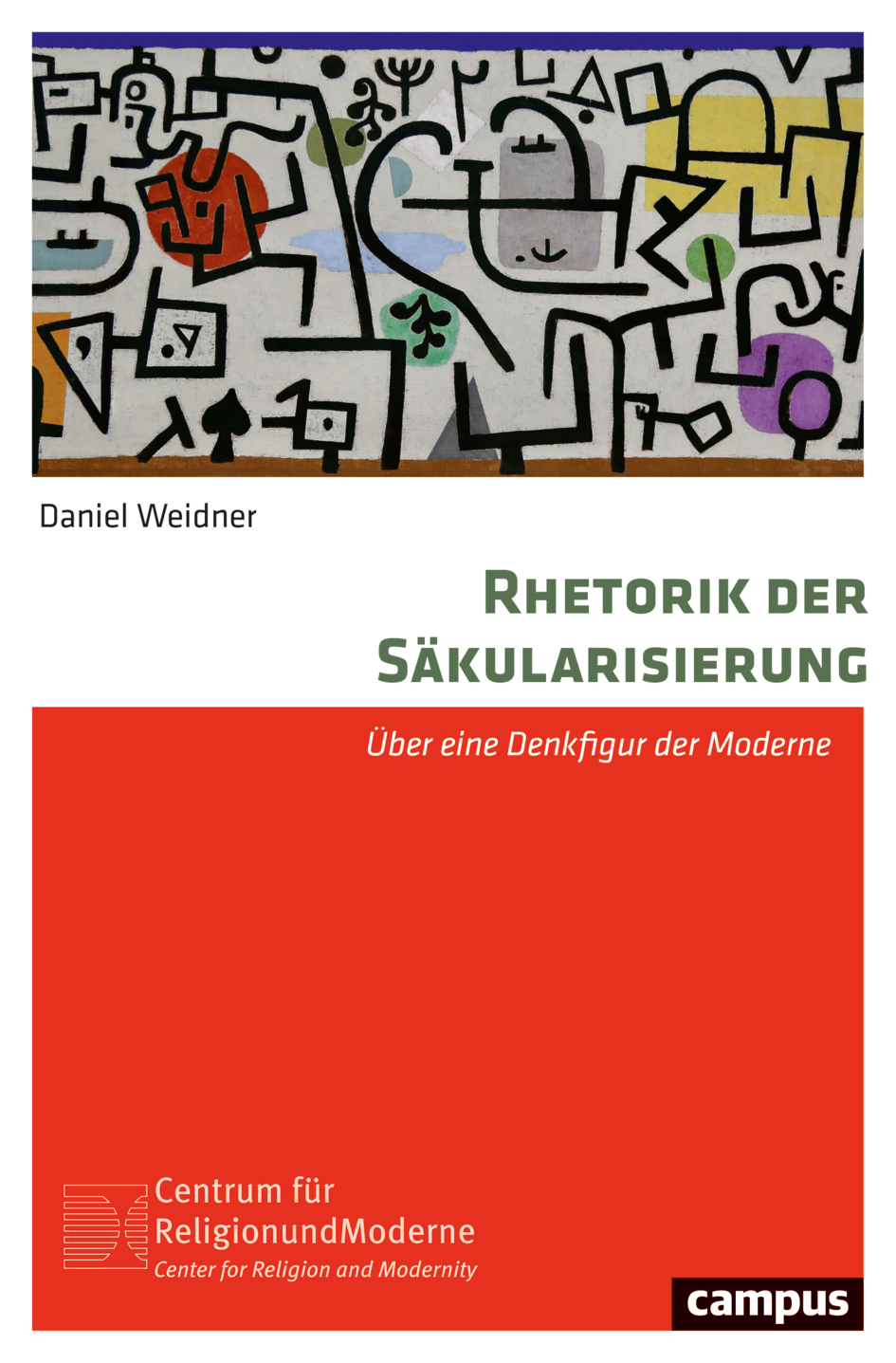

© campus New Release: Rhetoric of secularization
by Daniel Weidner2023
2022
2021
2020
2019
2018



